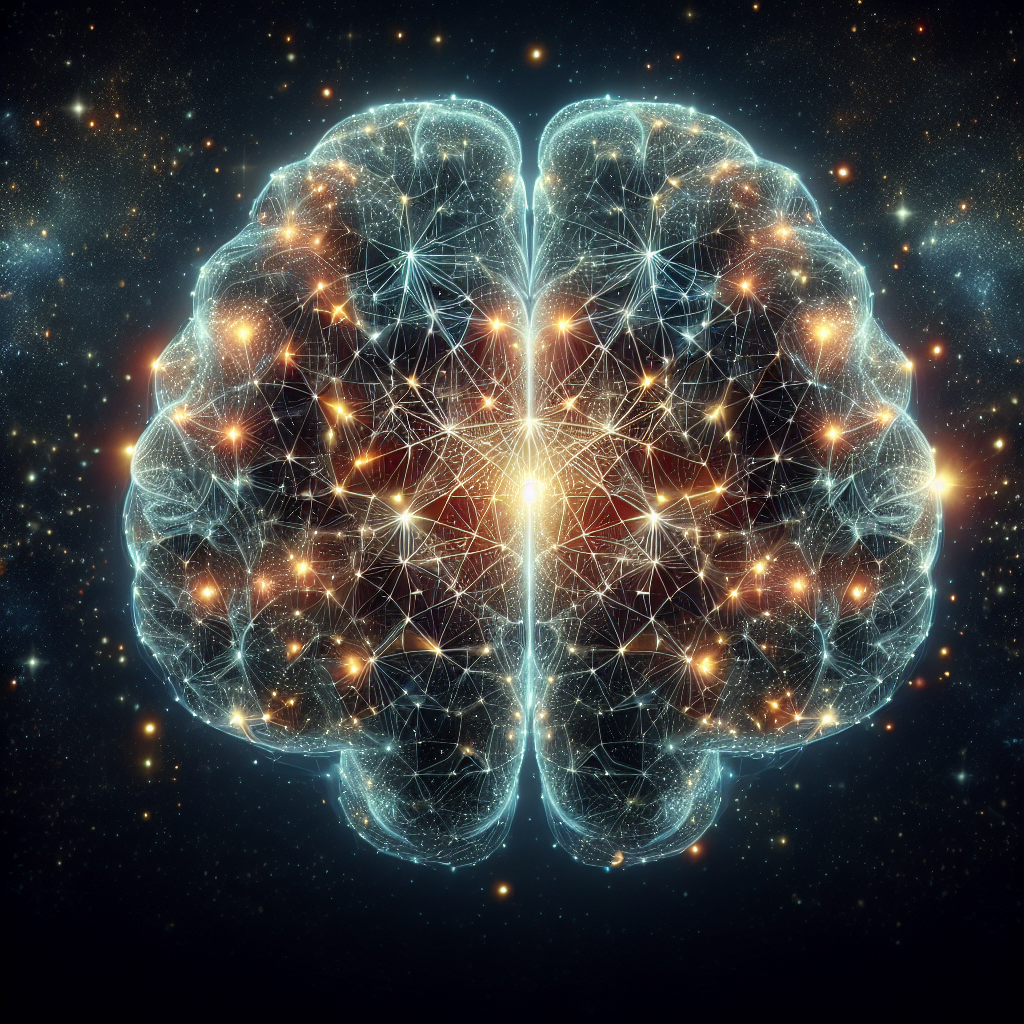Artificial General Intelligence (AGI) is the holy grail of artificial intelligence research. It represents the ability of a machine to understand and learn any intellectual task that a human being can. While current AI systems are capable of performing specific tasks with great efficiency, such as playing chess or recognizing images, they lack the ability to generalize and adapt to new situations in the way that humans can.
The quest for AGI has been ongoing for decades, with researchers making steady progress in developing more sophisticated algorithms and models. However, the question remains: How close are we to achieving true artificial intelligence?
In this article, we will explore the latest breakthroughs in AGI research, the challenges that remain, and the potential implications of achieving true artificial intelligence.
Recent Breakthroughs in AGI Research
In recent years, there have been several notable breakthroughs in AGI research that have brought us closer to achieving true artificial intelligence. One of the most significant developments has been the rise of deep learning, a subset of machine learning that uses artificial neural networks to simulate the way the human brain processes information.
Deep learning has revolutionized AI research by enabling machines to learn from large amounts of data and make decisions without being explicitly programmed. This has led to significant advancements in areas such as natural language processing, computer vision, and speech recognition.
Another important breakthrough in AGI research has been the development of reinforcement learning algorithms, which enable machines to learn through trial and error. This approach has been successfully applied to complex tasks such as playing video games and controlling robots in real-world environments.
Furthermore, researchers have made progress in developing AI systems that can perform multiple tasks simultaneously, a key step towards achieving general intelligence. These systems are capable of transferring knowledge from one task to another, mimicking the way humans learn and adapt to new challenges.
Challenges in Achieving AGI
Despite these advancements, there are still several challenges that need to be overcome in order to achieve true artificial intelligence. One of the biggest obstacles is the lack of a unified theory of intelligence that can guide the development of AGI systems.
Intelligence is a complex and multifaceted phenomenon that involves a wide range of cognitive abilities, such as reasoning, problem-solving, and creativity. Developing machines that can replicate these abilities requires a deep understanding of how the human brain works and how intelligence emerges from the interaction of neurons.
Another challenge is the issue of explainability and interpretability in AI systems. While deep learning algorithms have shown impressive performance on a wide range of tasks, they are often seen as “black boxes” that are difficult to understand and interpret. This raises concerns about the reliability and safety of AI systems, especially in critical applications such as healthcare and finance.
Furthermore, there are ethical and societal implications of developing AGI systems that need to be carefully considered. As machines become more intelligent, there is a growing concern about the impact on jobs, privacy, and security. Ensuring that AI is developed and deployed in a responsible and ethical manner is essential to building trust and acceptance among the public.
The Potential Implications of Achieving AGI
If researchers are able to overcome these challenges and achieve true artificial intelligence, the implications could be profound. AGI has the potential to revolutionize almost every aspect of human life, from healthcare and education to transportation and entertainment.
One of the most promising applications of AGI is in the field of healthcare, where intelligent systems could help diagnose diseases, develop personalized treatment plans, and improve patient outcomes. AI-powered robots could assist surgeons in complex procedures, while virtual assistants could provide personalized health advice to individuals.
In the field of education, AGI could transform the way we learn by providing personalized tutoring, adaptive learning materials, and interactive simulations. Intelligent systems could help students understand complex concepts, identify areas for improvement, and track their progress over time.
In the transportation sector, AGI could enable autonomous vehicles to navigate safely and efficiently in complex environments. Self-driving cars could reduce traffic congestion, accidents, and emissions, while improving accessibility and mobility for people with disabilities.
In the entertainment industry, AGI could create new forms of immersive and interactive experiences, such as virtual reality games, personalized music playlists, and AI-generated artwork. Intelligent systems could analyze user preferences, behavior, and feedback to create tailored content that resonates with individuals.
FAQs
Q: How close are we to achieving true artificial intelligence?
A: While significant progress has been made in AGI research, we are still far from achieving true artificial intelligence. Researchers continue to work on developing more sophisticated algorithms, models, and architectures that can replicate the full range of human cognitive abilities.
Q: What are some of the key challenges in achieving AGI?
A: Some of the key challenges in achieving AGI include the lack of a unified theory of intelligence, the issue of explainability and interpretability in AI systems, and ethical and societal implications. Overcoming these obstacles will require interdisciplinary collaboration, ethical considerations, and public engagement.
Q: What are the potential implications of achieving AGI?
A: If researchers are able to achieve true artificial intelligence, the implications could be profound in areas such as healthcare, education, transportation, and entertainment. AGI has the potential to revolutionize almost every aspect of human life by improving efficiency, productivity, and quality of life.
In conclusion, the quest for AGI represents a monumental challenge that has the potential to transform the world in ways we can only imagine. While there are still many hurdles to overcome, the progress that has been made in recent years is encouraging. By continuing to push the boundaries of AI research and addressing the ethical and societal implications, we may one day achieve true artificial intelligence and unlock a new era of possibilities.

